Attending were Politburo member and National Assembly Chairman Tran Thanh Man.

Giving opinions on the Law amending and supplementing a number of articles of 10 laws related to security and order, delegate Nguyen Van Canh ( Gia Lai Delegation) made many recommendations to unify concepts and resolve conflicts in traffic organization.
Accordingly, the delegate stated that under current regulations, “lane” is only interpreted as a part of the roadway, divided lengthwise and wide enough for vehicles to move safely. However, the understanding between legal documents and reality is not yet unified. Drivers often call “inner lane” the lane close to the median strip, while people understand “inner lane” as the lane close to the sidewalk. This unclear way of calling can easily cause confusion. Therefore, the delegate proposed to unify the short way of calling: “left lane” (innermost lane, close to the median strip) and “right lane” (innermost lane, close to the sidewalk or emergency lane). This way of defining is both simple and convenient for application in law and reality.
Referring to the fact that parking in front of people's houses has caused disputes, conflicts, and even led to fights, delegate Nguyen Van Canh proposed to clarify the law: People have the right to enter and exit their houses conveniently, and drivers have the right to stop and park in places that are not prohibited. To harmonize interests, it is proposed to add a regulation prohibiting obstructing people and vehicles from entering and exiting their residences.
Specifically, delegates suggested that competent authorities guide localities to organize reasonable parking spaces. Specifically, with narrow sidewalks, cars should only park between two houses, not blocking the way. With wide sidewalks, continuous parking can be allowed, but still ensure the walkway and the sidewalk access.

The delegate also pointed out the fact that many drivers do not have time to observe roadside signs, leading to speeding violations or driving too slowly, so it is necessary to add a regulation that considers speed markings on the road surface as a measure to support official signs...
Meanwhile, referring to the permanent residence registration for minors in the draft Law on Residence (amended), delegate Tran Van Huy (Hung Yen Delegation) said that the draft stipulates: In case a minor returns to live with his/her parents or guardian, the consent of the head of household or legal owner of the accommodation is not required. This provision aims to ensure the rights of children, in accordance with the principle of protecting children's rights and reducing administrative paperwork.
However, according to the delegate, this can lead to conflicts and disputes over accommodation, especially when the head of the household is not related to the child by blood. To be strict, the delegate proposed to add regulations clearly defining the responsibilities of parents and guardians; handling fraudulent acts in permanent residence registration; strengthening verification of actual residence to limit policy exploitation, while ensuring the legitimate rights of the owner of the accommodation.
Regarding the adjustment of residential information in the database, the draft proposes to remove the regulation that "within 30 days, citizens must submit an adjustment application" and replace it with an automatic update mechanism from the decision of the competent authority. This is a reasonable trend, consistent with the goal of administrative reform and building a digital government, reducing procedures for people. However, delegates are also concerned that when the civil status and residential data system is not synchronized, the update may be interrupted, leading to incorrect information. In addition, it is not clear whether the responsibility belongs to the citizen or the management agency when the data is incorrect...
From that analysis, delegates recommended clearly defining the responsibilities of the civil registration agency and the residence management agency in updating, checking and synchronizing data; and determining a handling mechanism when data errors occur. In addition to automatic updates, it is still necessary to allow citizens to proactively request adjustments when detecting inaccurate information.
Source: https://hanoimoi.vn/dai-bieu-quoc-hoi-de-xuat-cach-hoa-giai-mau-thuan-do-do-xe-truoc-cua-nha-dan-717890.html








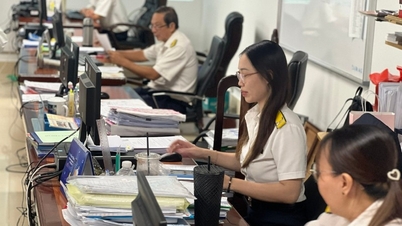

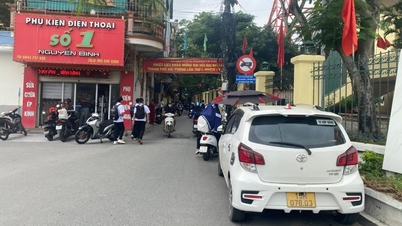



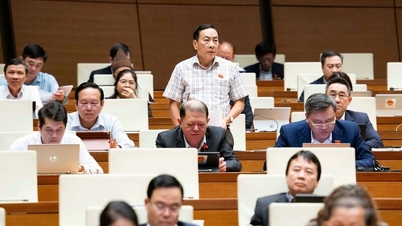

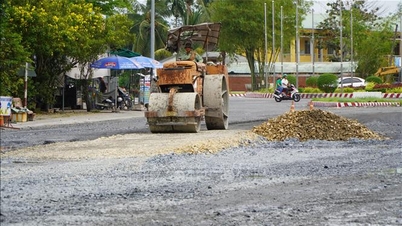



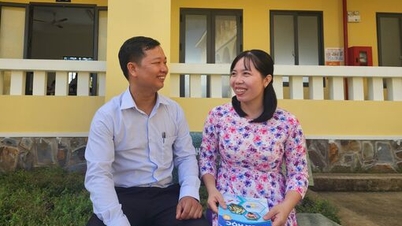





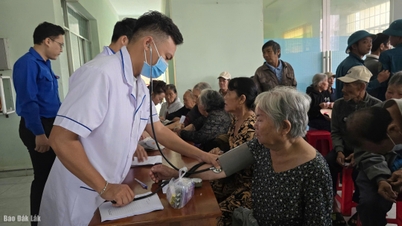



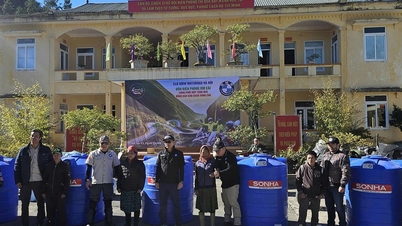





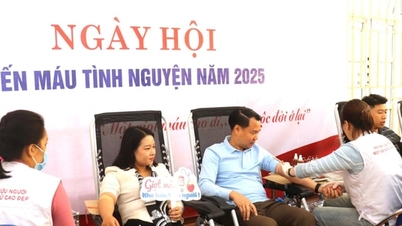

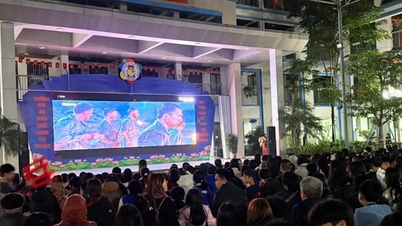
















































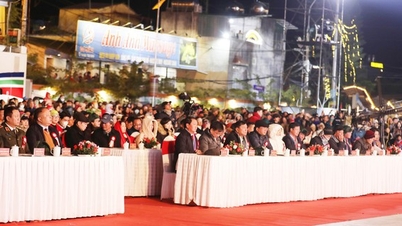
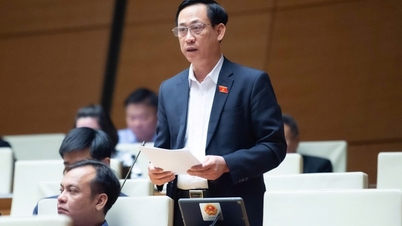





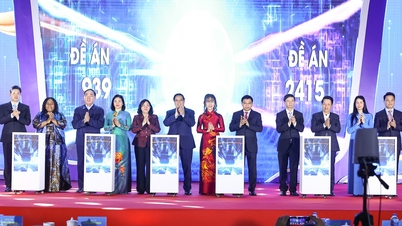
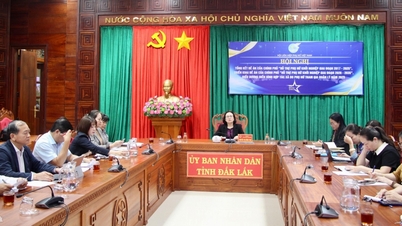








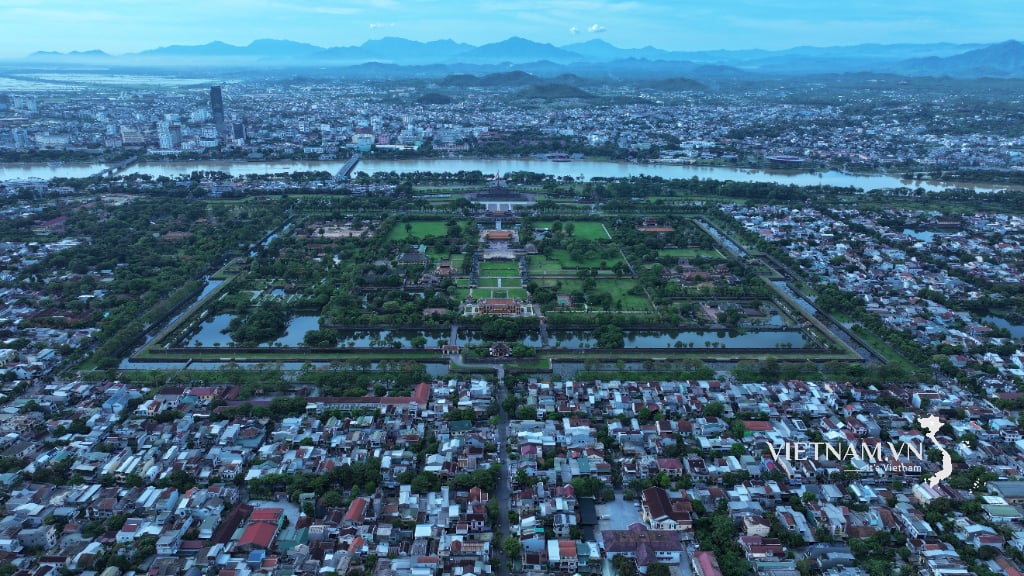



Comment (0)